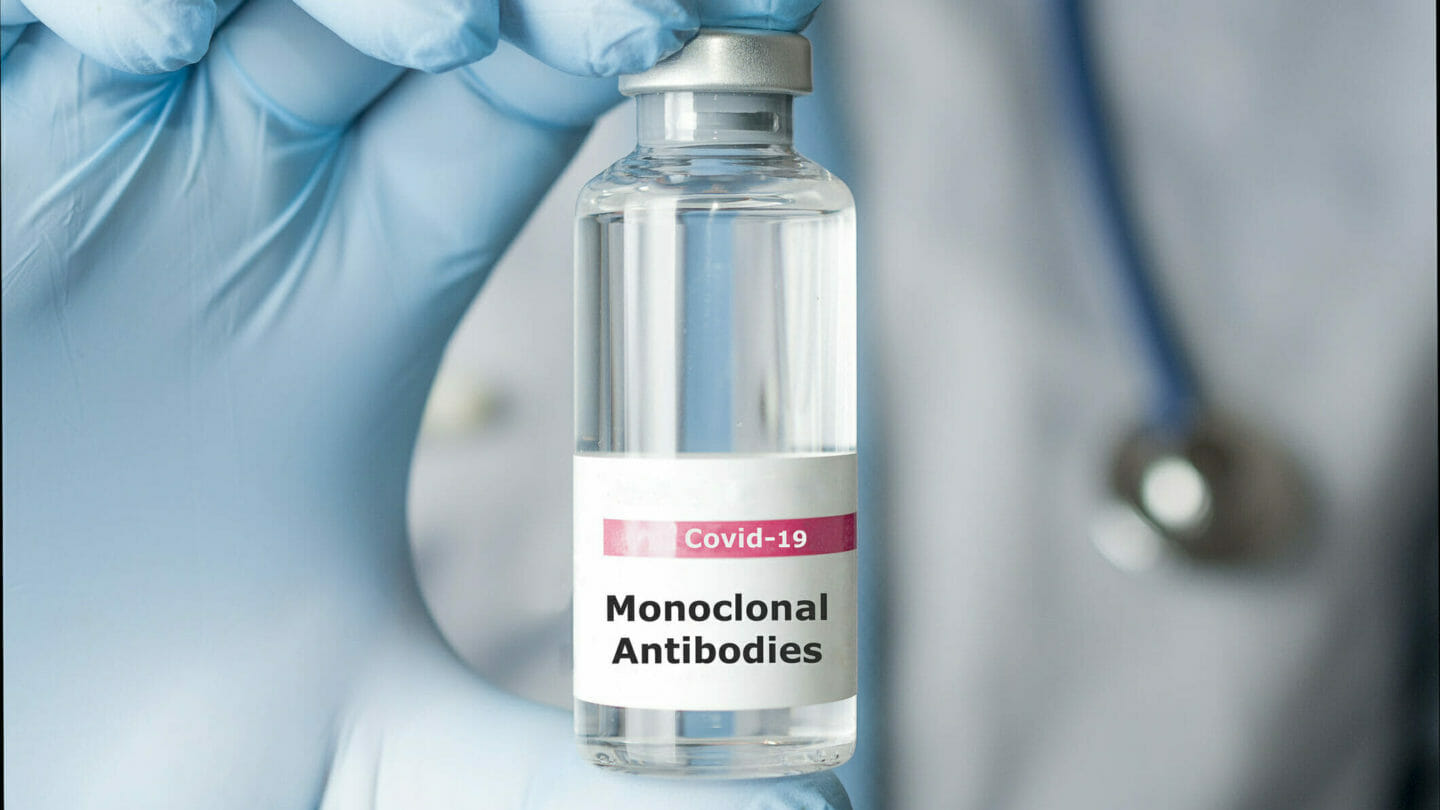
The Food and Drug Administration has been asked to allow an easier administration method for a COVID-19 monoclonal antibody treatment that is effective against the omicron variant.
Sotrovimab received emergency authorization in May as an infused drug to treat mild-to-moderate COVID-19 in vulnerable adults and children. A trial demonstrated that the intramuscular injection of the drug offers “similar efficacy” to intravenous infusion for high-risk populations with COVID-19, its developer GSK announced in November.
Intramuscular injection — effectively a shot in the arm — can be an advantage for long-term care operators who don’t have the capability to provide infusions in-house. Sotrovimab has since emerged as a much-needed backup treatment after federal officials halted the allocation of other go-to monoclonal antibody therapies in the United States due to lack of efficacy against the SARS-CoV-2 omicron variant.
Another available monoclonal antibody drug, AstraZeneca’s Evusheld, is a shot but is authorized for limited use in immunocompromised patients.
Regeneron’s monoclonal antibody treatment REGEN-COV was granted an expanded FDA emergency authorization for subcutaneous injection in June. But it is now one of the treatments on pause.



